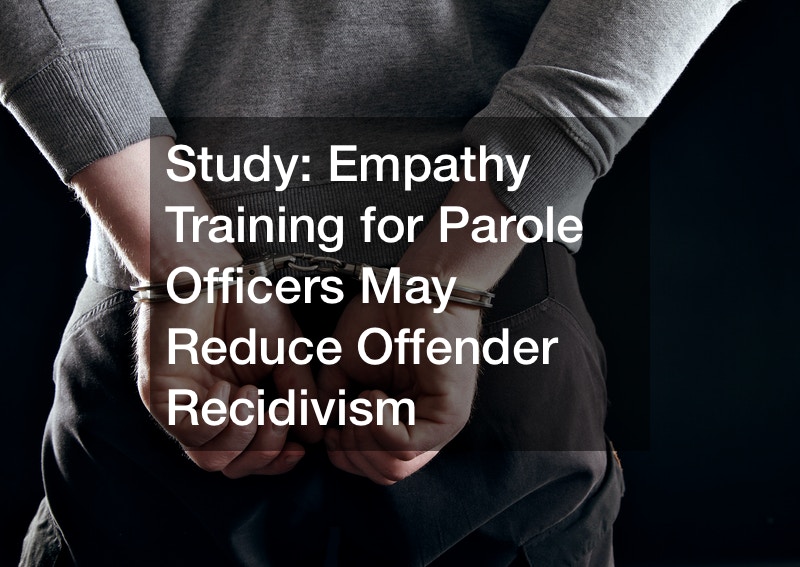Empathy training psychology The parole officer could counsel the parolee to check at attainable jobs in place of the usual job like unarmed security shield where a criminal history disqualifies the parolee.
By hammering biases and growing a more instinctive understanding of the parolee’s difficulties finding a job, the parole officer could approach job hunting constructively as an alternative of creating a path back .
Empathy Instruction Psych and Addiction
Addiction is just a tricky problem to manage, specially for a person who does not have any addictions. But empathizing with somebody with drug or alcohol dependence will be potential. And in the case of parole officers, empathizing with people with addictions is essential to accomplish their tasks efficiently.
As Stated by the National Center for Addiction and Substance Abuse, 65% of prisoners have a drug or alcohol addiction. It follows that a lot of parolees supervised with a parole officer is going to have substance use problem. Ensuring that the parolees attend cure and stay clean is a full-time occupation in itself.
Before coaching, a parole officer might be biased to believe addicts and alcoholics will be untreatable and certainly will consistently relapse. The parole officer could look at his occupation as grabbing them at the act. The parole officer could create an adversarial environment at which the parolee does not feel in a position to discuss the parolee’s struggles with addiction. Alternatively, the parolee will feel such as whitewashing or hiding the parolee’s struggles is your ideal path to avoiding a parole breach. Like a outcome, neither the parole officer nor the parolee is working on the addiction situation.
Once teaching, a parole officer could understand that using a open door to discussing the parolee’s addiction issues might help to prevent a relapse. Instead of hiding it, the parolee might anticipate the parole officer to ask for assistance as Soon as the Impulse to Doctor hq85v7mcjk.
